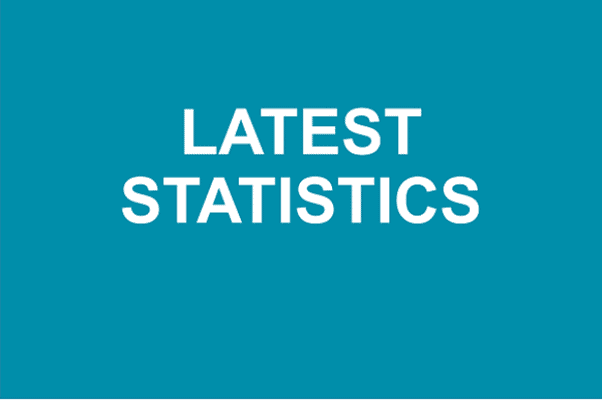The Department of Health has published the next in the series of weekly results from its COVID-19 Infection Survey (CIS).
The findings set out in this report relate to modelled positivity estimates for NI for the week up to the 3 April 2021. The aims of the CIS are to estimate how many people have the infection and the number of new cases that occur over a given time as well as estimating how many people have developed antibodies to COVID-19.
The survey over time will help track the extent of infection and transmission of COVID-19 among people in the community population (those in private residences).
Key Findings
Due to the relatively small number of tests and positive swab results within our sample, credible intervals are wide and therefore results should be interpreted with caution.
- During the most recent week of the study (28 March – 03 April), it is estimated that 6,100 people in Northern Ireland had COVID-19 (95% credible interval: 3,200 to 9,900).
- This equates to 0.33% of the population (95% credible interval: 0.17% to 0.54%) or around 1 in 300 people (95% credible interval 1 in 580 to 1 in 180).
- This is based on statistical modelling of the trend in rates of positive nose and throat swab results. Modelling suggests that the percentage of people testing positive in Northern Ireland appeared level in recent weeks, but there was high uncertainty.
- In the latest six-week period, there were 18,060 swab tests taken in total from 11,156 participants. Of these, 52 participants tested positive from 44 different households.
- In the latest two-week period, of the 5,093 participants in the study, 17 tested positive from 14 households.
- In Northern Ireland, during the week ending 27 March 2021, it is estimated that there were 530 new positive cases in Northern Ireland per day (95% credible interval: 130 to 1,000). The trend in incidence of new PCR-positive COVID-19 cases in Northern Ireland is uncertain in the week ending 27 March 2021.
New variant analysis
A new variant of the coronavirus (COVID-19) was identified in the UK in mid-November 2020. The new UK variant (B.1.1.7) of COVID-19 has changes in one of the three genes which coronavirus swab tests detect, known as the S-gene. This means in cases compatible with the new variant, the S-gene is no longer detected by the current test. While there are other reasons why a positive swab test may not detect the S-gene, absence of the S-gene has become a reliable indicator of the new UK variant in COVID-19.
Other variants, including B.1.525 (first identified in Nigeria), may also have this same pattern of gene positivity. At present these are rare in the UK(external link opens in a new window / tab) so this group will continue to be described as compatible with the UK variant, but this will continue to be reviewed.
In contrast the South African (B.1.351) and Brazilian (P.1 and P.2) variants have an S-gene that is detectable with the current test and will therefore be included in the “not compatible with new variant” group of COVID-19 where the virus level is high enough to identify this. Which of these types of COVID-19 are compatible with the South African and Brazilian variants cannot be identified from the swab PCR test alone.
The trend in the percentage of people testing positive compatible with the UK variant was uncertain in Northern Ireland in the week ending 3 April 2021.
It should be noted that there is considerable uncertainty around these estimates due to the small numbers of new variant compatible positives detected in Northern Ireland and also given that not all cases that are positive on the ORF1ab and N-genes will be the new variant.



